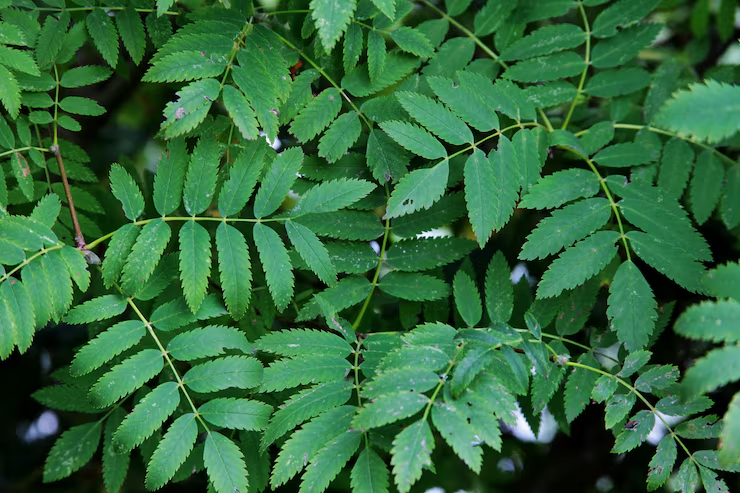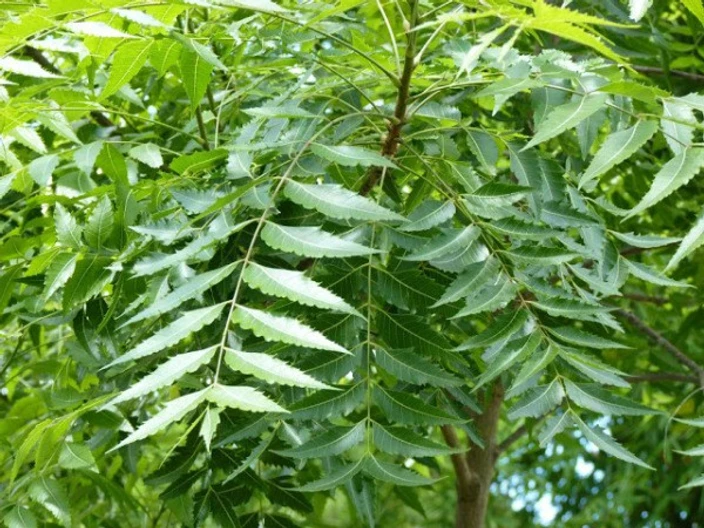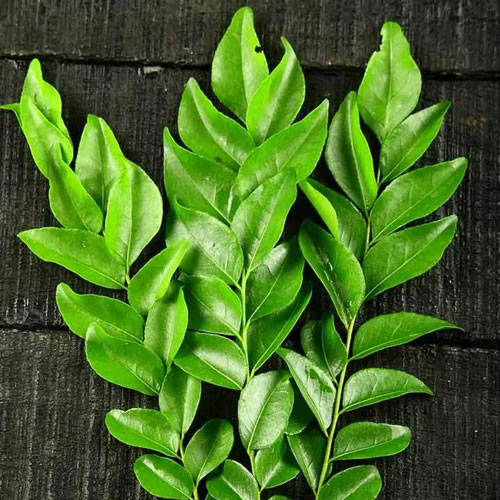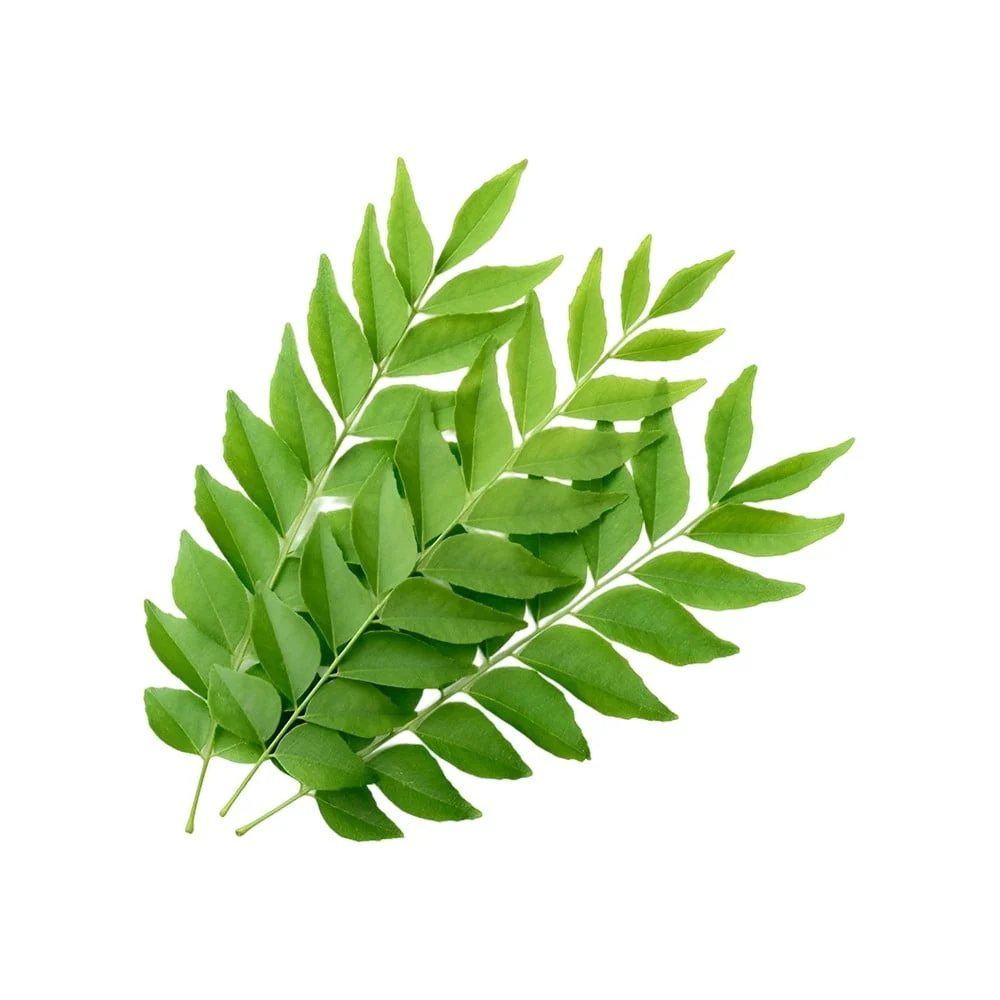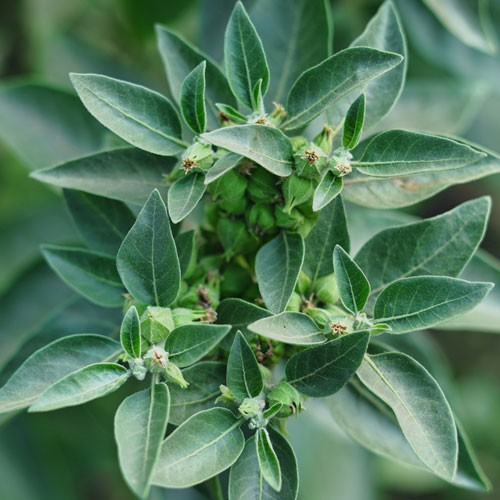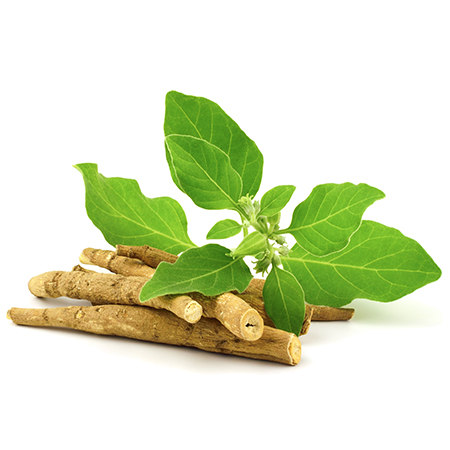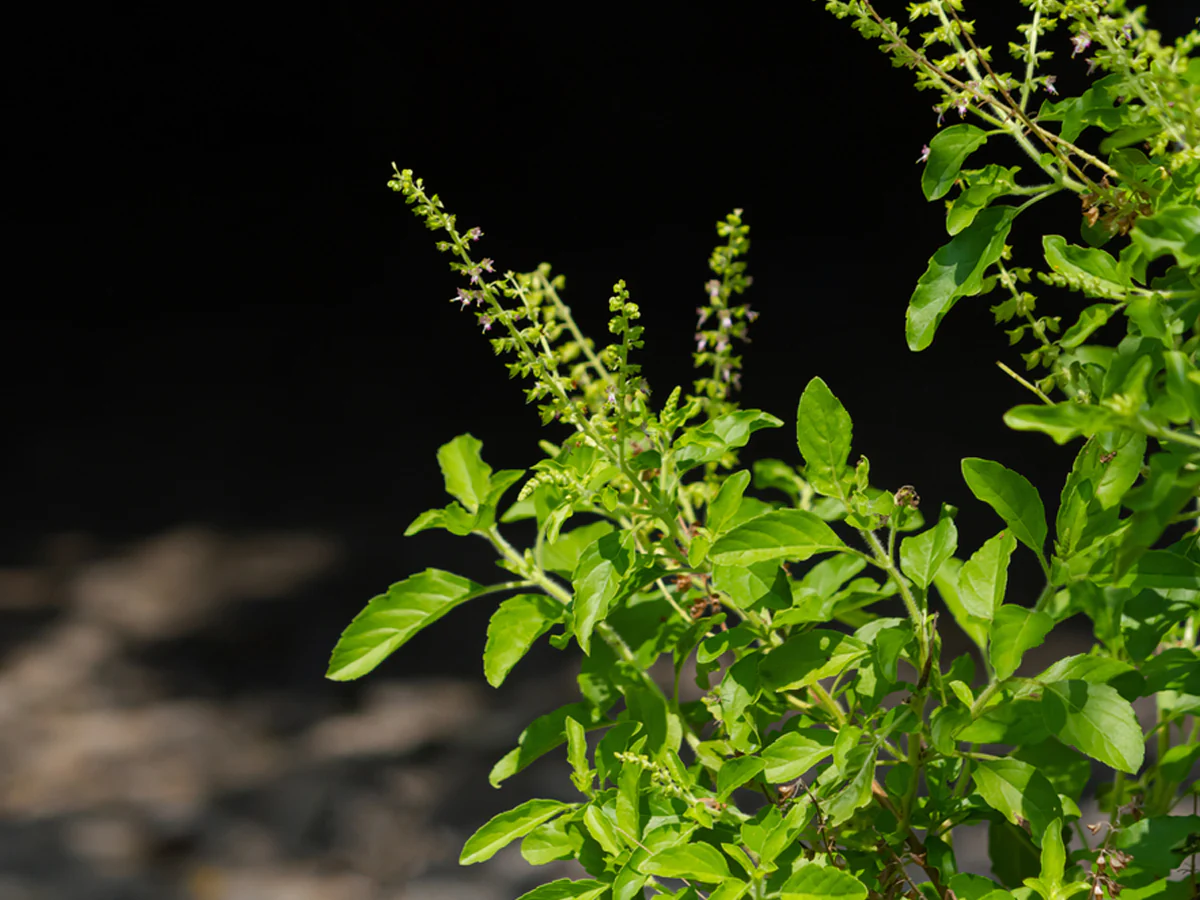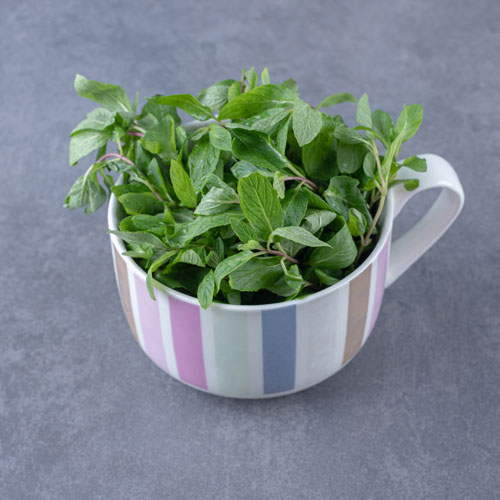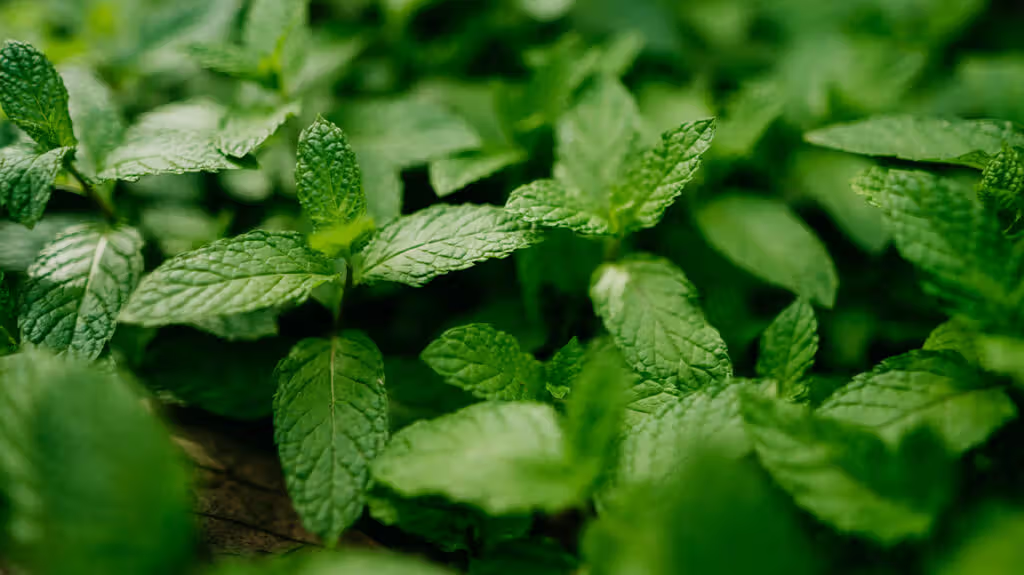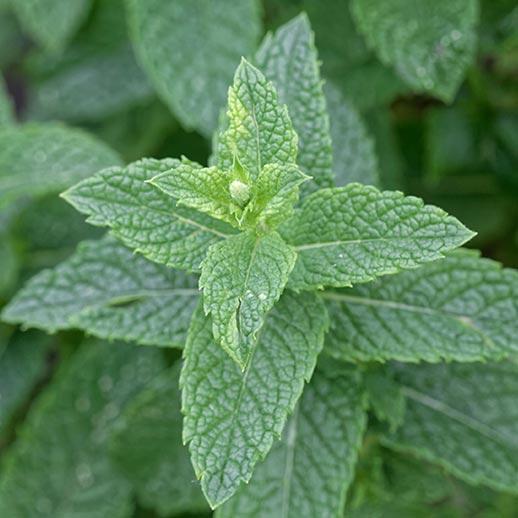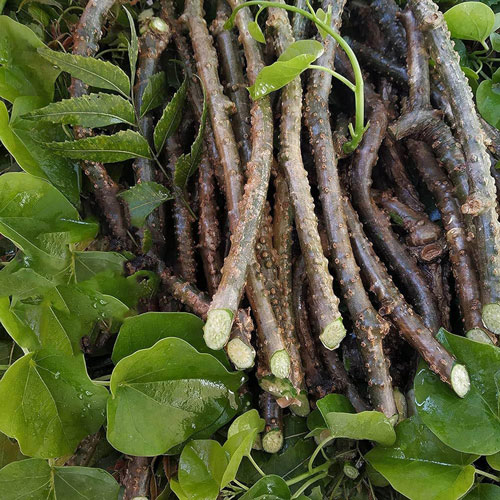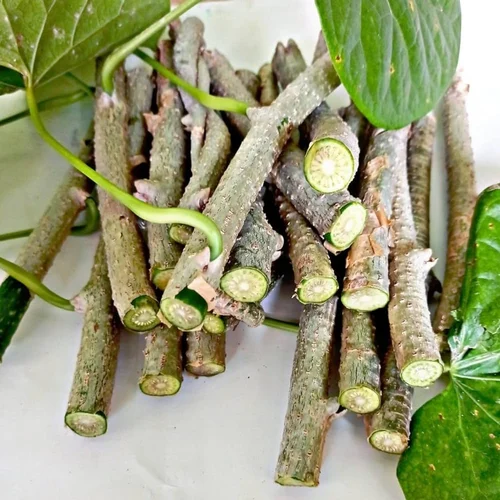Herbs
Indian Neem
India, the native land of the Neem tree, exports a significant volume of neem products to various countries worldwide. Revered in traditional medicine and known as "Indian Lilac" or "Margosa". Neem boasts a rich composition of bioactive compounds, including azadirachtin, nimbin, and nimbidin, which contribute to its potent antimicrobial, anti-inflammatory, and antioxidant characteristics.
Indian curry leaves
It is known as Murraya koenigii, also known as "kadi patta" in Hindi, are aromatic leaves widely used in Indian cuisine and increasingly sought after in the global market. These small, green leaves with a unique citrusy, slightly bitter, and nutty flavour are not only cherished for their culinary uses but also valued for their potential health benefits. Rich in vitamins A, B, C, and E, as well as minerals like calcium, phosphorus, iron, and magnesium.
Indian Ashwagandha
It is known as Withania somnifera, also known as Indian ginseng or winter cherry, is a revered herb in Ayurvedic medicine, the traditional system of medicine in India. Ashwagandha helps the body adapt to stress and anxiety. Some studies show promise in increasing strength, endurance, and recovery time, particularly for athletes and fitness enthusiasts.
Indian Tulsi
It is known as Ocimum sanctum or Ocimum tenuiflorum, often called "Holy Basil", Revered as "the incomparable one", "elixir of life", or "queen of the herbs", its growing global demand makes it a valuable asset for export from India. Antioxidants and antimicrobial compounds strengthen the immune system, protecting against infections. Expectorant and anti-inflammatory properties help relieve cough, cold, asthma, and bronchitis by clearing congestion and soothing airways.
Indian Spearmint
It is known as Mentha spicata, known as "Pudina" in India, is a fragrant herb widely used in Indian and global cuisines for its refreshing aroma and flavour. It also contains limonene, dihydrocarvone, and 1,8-cineol. Relieves digestive issues such as indigestion, bloating, nausea, vomiting, and abdominal pain.
Indian Giloy
It is known as Tinospora cordifolia, also known as Guduchi, is a powerful medicinal herb with a long history of use in Ayurvedic medicine. It's valued for its diverse therapeutic properties, and its increasing popularity in the natural health sector. Giloy is considered a powerhouse of antioxidants that protect cells from damage and boost immunity. It helps fight various pathogens and can increase platelet count, which may be beneficial in cases like dengue fever. Acts as a hypoglycemic agent, helping to manage blood sugar levels and assisting in insulin production.
